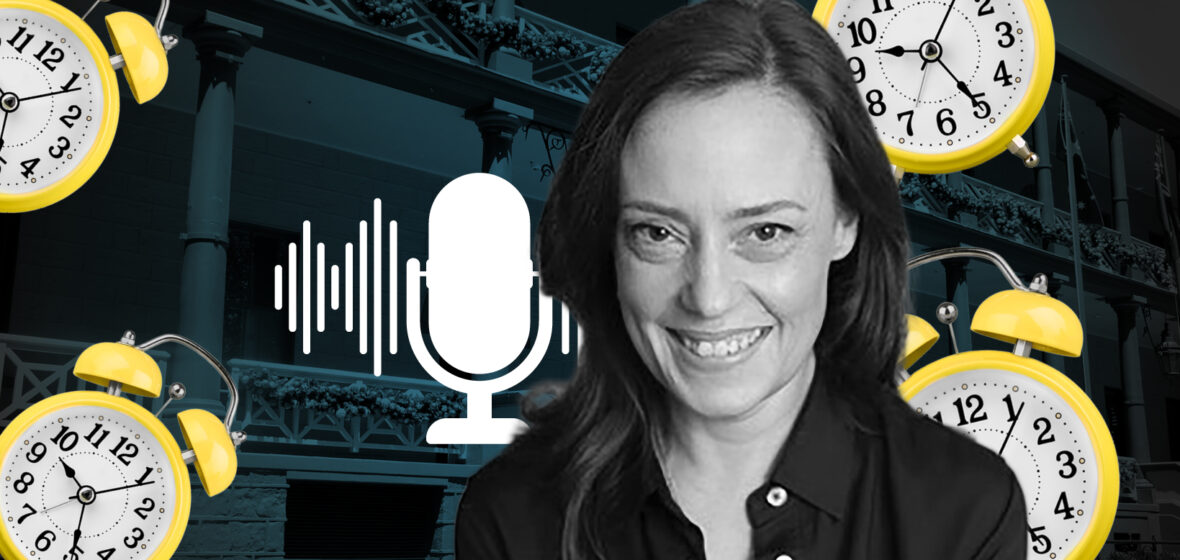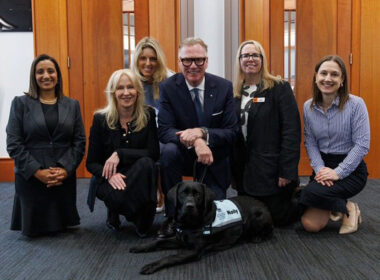With three weeks to go until the NSW State Election, the Government has officially entered caretaker mode, which will run until the result of the 25 March poll is clear.
It is a time when government lawyers must apply the conventions of caretaker in their area of responsibility. They are frequently called upon to assist their agencies in administering the rules which Deputy Secretary and General Counsel of the NSW Department of Premier and Cabinet, Kate Boyd PSM, says are “not black letter law.”
Boyd sat down with LSJ for a short and informative podcast on the conventions of caretaker, what it means for Government lawyers, and how they can seize the opportunity to “demonstrate service and integrity” during this period.
When asked for an example of the dos and don’ts of caretaker mode, Boyd replied: “I would say policy advice not okay. Factual material, okay.”
“Often that can come down to how the question is posed by the Minister. And it’s really up to the agency to assess … whether what they’re providing is purely factual or whether it contains elements of analysis or options of things that are in the nature of policy advice,” she said.
While the conventions began as of midnight on 3 March, their end date is unclear.
“[Caretaker] runs until the election result is clear if the government’s returned or until the new Premier is commissioned to form government in the event of a change of government,” Boyd told LSJ.
“The outcome might be clear on Sunday night, or it might take a few days. But these conventions will apply until either of those triggers.”
Boyd, who has fielded dozens of calls in the lead-up to the commencement of caretaker, says “helping the government of the day achieve its objectives in a lawful and appropriate way that respects the conventions is really the key consideration for lawyers in that period.”
“I think government lawyers should apply the conventions in their area of responsibility and assist their agencies and secretaries to do that by thinking about them in the context of major contracts that they’re advising on, or significant appointments made by the public service,” she told LSJ.
“They also have to consider advising the government of the day, including ministers and their staff on the conventions. These questions are really difficult in a lot of cases and they’re not black letter law.
“The main challenge for the whole public service, not just lawyers in this period is … continuing to deliver programs and policies and services while maintaining that political neutrality in what is … an increasingly adversarial and politically charged time.”




